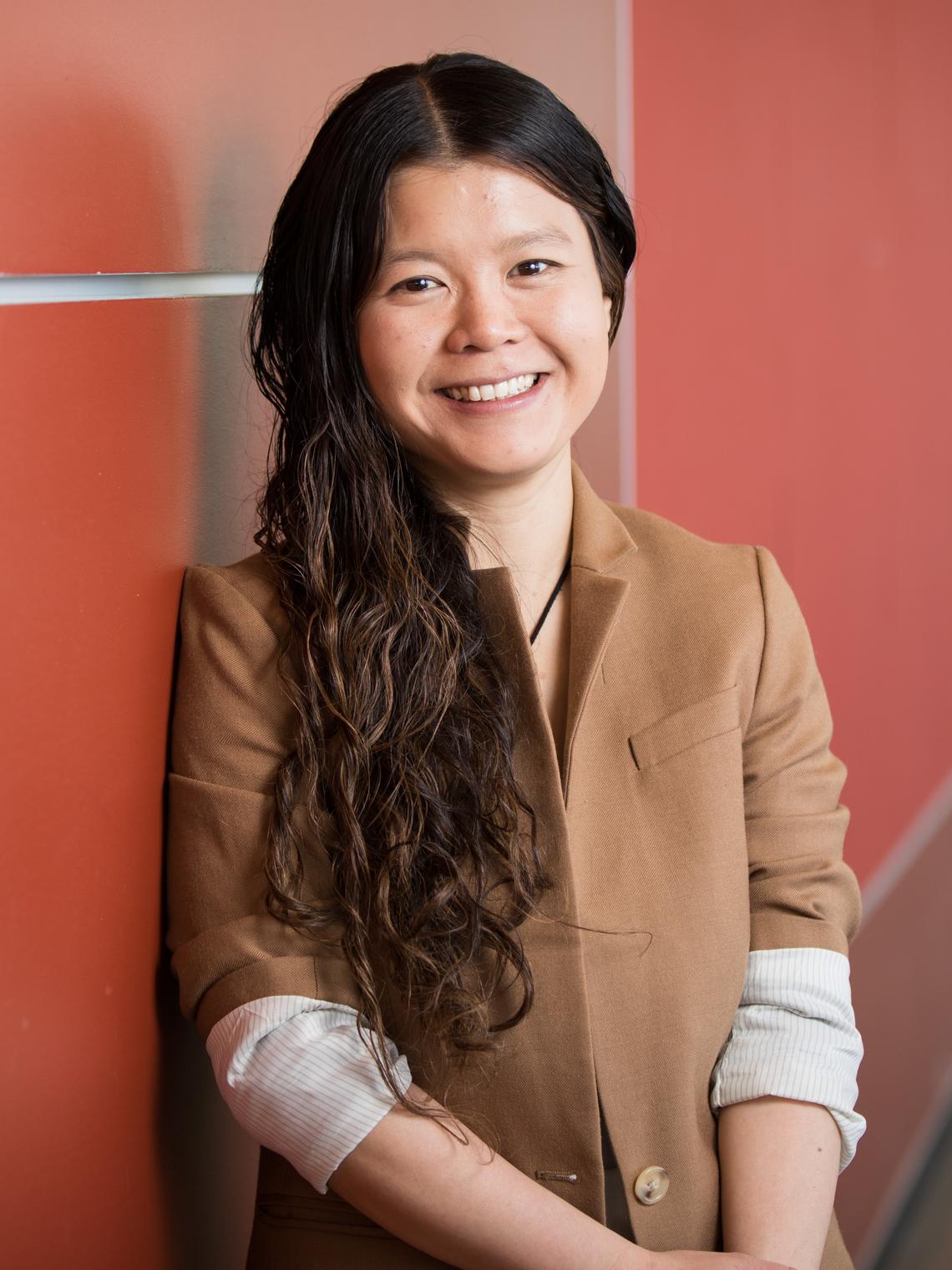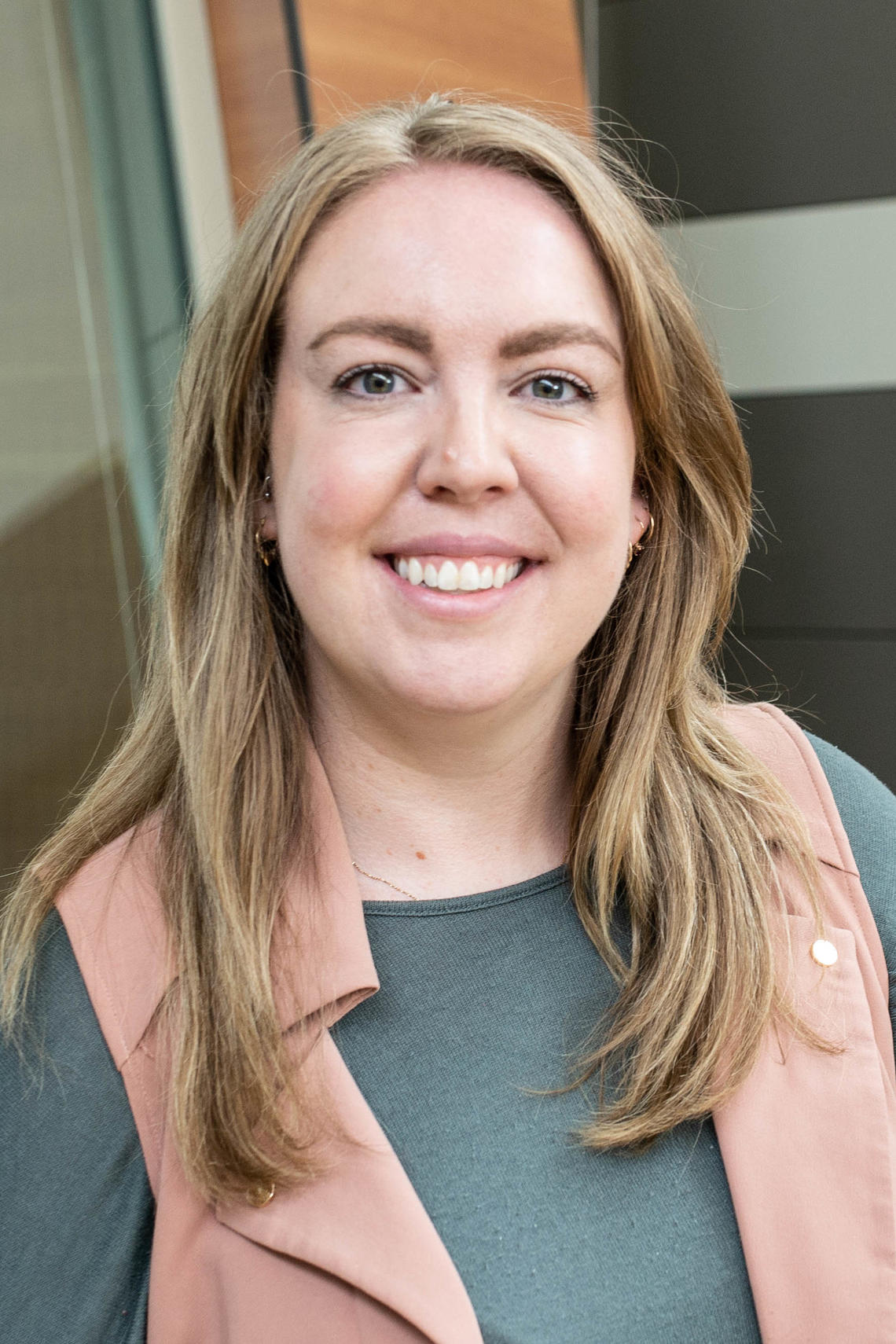How can we empower students to see themselves as changemakers? Experiential learning project finds answers | News
Wage differences between the sexes. climate change. systemic racism. The daily news presents us with a long list of things to overcome, but tackling them can seem like a daunting challenge for the average person.
UCalgary geography graduate student Suzanne Chew has some advice for those eyeing society’s big problems: You are not alone – there are others you can network with to make a difference.
“Change begins with small steps: show up, have your say, start something. It’s not a big, daunting task to do all by yourself.”

PhD student Suzanne Chew is co-leader of the Equitable Pathways to EL project.
Adrian Shellard
Chew learns these things because of an important project she helps lead at UCalgary – the Equitable Pathways to Experiential Learning project with the Office of Experiential Learning. Based on the University’s Equity, Diversity, Inclusion and Accessibility (EDIA) strategic guidelines set by the Office of Equity, Diversity and Inclusion (OEDI), the project was designed to explore student perspectives on participation, access and engagement in experiential learning to understand better. Chew came to the project through a Transformative Talent internship with the Faculty of Graduate Studies.
Access to EL – real-world learning that enhances skills and knowledge through reflection – has been highlighted as a priority by previous consultations, and breaking down barriers is one of the three priorities in UCalgary’s EL Plan (2020-25). More than 2,000 students provided their feedback on EL access and solutions for the future, and shared with a research team of OEL staff and students, student service teams and the Taylor Institute team.
“If organizations really want people to get involved and make change happen, they need to put people first. When you make human connections, work and lasting change will follow,” says Jessica O’Connell, experiential learning manager and co-leader of the project. “People are driven because they are valued for more than their work – they are seen and heard.”
Chew agrees, “How can we empower people to see themselves as changemakers? If you’re in a culture that doesn’t empower you to make change, don’t feel completely alone — there are others you can work with to make the change you want to see.”
Chew’s own research focuses on inclusive participation and cross-cultural communication in environmental decision-making, learning from Inuit communities in western Nunavut. She didn’t expect it to be applicable, but she found it to be a wonderful opportunity to use her research in ways she had never imagined.
“Responsibility is so important. It’s about relationship building, not a one-off meeting to extract all of someone’s information. It can’t be extractive—it has to be relational,” says Chew.

Jessica O’Connell is Manager of Experiential Learning and Co-leader of the Equitable Pathways to EL project.
Alix Redmond
Beyond the survey, students were invited to speak openly about experiential learning – how it can be improved and how to ensure more students reap the benefits of learning by doing. By asking people to attend focus groups based on their schedules rather than pre-determined time slots or locations, they began the process in a way that allowed participants to engage on their own terms. The project was specifically designed so that not everyone had to speak, be on video, or answer questions. And throughout the process, leads stayed alert to power dynamics to build trust.
So what feedback was heard as part of the Equitable Pathways to EL project? Things like following universal learning design when designing EL activities, providing more information and better communication about EL activities, providing financial support to enable participation, diversifying faculty and staff representation and engagement, and the Integrate more EL activities into degree programs, all resulting from the students involved.
“We are all our own leaders. How we approach work and how we live our lives is how we lead ourselves. When people come together who are willing to engage in uncomfortable conversations, you can start finding solutions and creating change,” says O’Connell. “It has to come from everyone – as a manager, I learn from my colleagues every day. Everyone has unique experiences and backgrounds – lived and professionally.”
“By learning from each other, we find lasting solutions. I look forward to amplifying the student voice in our program and contributing to real change with colleagues across campus.”
Workshop on September 15th
The Equitable Pathways to EL project is the subject of the next EDI workshop series being offered on September 15th by the Taylor Institute for Teaching and Learning.